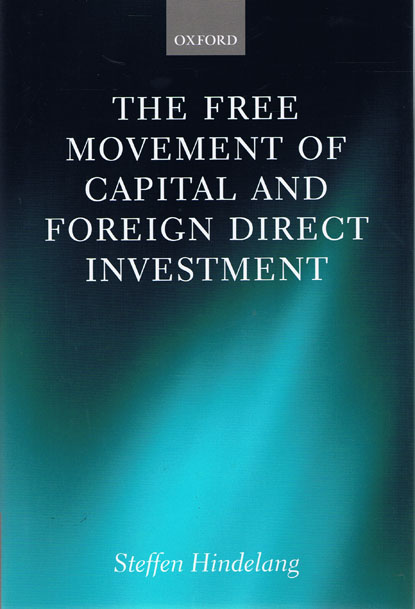
The scope of protection offered to foreign investors by EU law has become a matter of intense political debate. Neo-protectionist policies are on the rise within EU Member States, who are struggling to acclimatise to increasing inward direct investment from developing countries.
Strict regulations are being implemented to control the flow of this investment, undermining the principle of free movement of capital. Are such policies permitted under EU law? What impact does EU law have on foreign direct investment? This book addresses these questions through a coherent doctrinal reconstruction of the EC Treaty provisions on free movement of capital in a third country context.
Opening with a timely restatement of the central features of the EU law of free movement of capital, the book then asks the central question: What rights does a private market participant, engaged in cross-border direct investment originating from or directed to a non-EU Member State, enjoy by virtue of the EC Treaty? The book argues that in principle, the provisions on free movement of capital apply the same liberal standards irrespective of whether intra Community or third country direct investment is involved.
Hence, those who participate in third country direct investment enjoy essentially the same guarantees by virtue of the provisions on free movement of capital as those active in intra Community direct investment. Having established the legal doctrine, the book then examines the limits on restrictions to free movement, including financial regulation and discriminatory tax regimes.